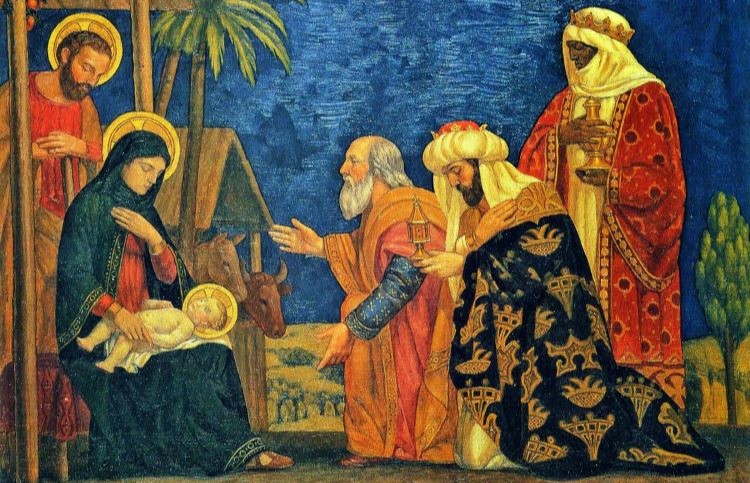Pedro González
Journalist
Neither of the two projects for the future of Turkey managed to prevail in the first round of the presidential elections. Two antagonistic conceptions that, whatever the outcome of the run-off on 28 May, will confirm the country’s deep division. Neither the imperial vision of President Recep Tayyip Erdogan nor that of his main opponent, Kemal Kilicdaroglu, who favours a Turkey integrated into the West, managed to win more than half plus one of the votes of an electorate that turned out in large numbers to vote.
The candidates are unlikely to do much in the two weeks of campaigning to calm the 64 million Turks eligible to vote, given the differences between the two sides’ vision for the country. Erdogan’s supporters subscribe to Erdogan’s dream of a Second Republic, i.e. to definitively change the model that Mustafa Kemal Ataturk established just over a hundred years ago. This remodelling would culminate the current Turkish president’s turn towards the Ottomanisation of the country, implanting Islam at the heart of political life, embracing the comfort of ruling by decree in the manner of the old sultans, and progressively distancing himself from the West that the father of the nation Ataturk wanted to join.
His antagonist, the social democrat Kilicdaroglu, at the head of the Republican People’s Party (CHP) founded by Ataturk himself, embodies precisely the values of liberal democracy, namely parliamentarism and a strict separation of powers, with special emphasis on an independent and impartial judiciary. His project includes re-engaging with the European Union and the United States, with whom Erdogan is increasingly distant, while at the same time increasing his relationship with Vladimir Putin’s Russia.
Kilicdaroglu’s loyal supporters are far fewer than those of his rival. However, in the second round he will increasingly be gathering the vote of the discontented, shaken by the collapsing economy, soaring inflation and rising unemployment, as well as the many affected by the recent earthquake, whose toll of 50,000 dead and thousands of collapsed buildings has brought to the surface the rottenness of real-estate corruption. If the polls do not lie, he will also be joined by a good part of the five million young people who are voting for the first time in these elections and who are expressing their preference for a model closer to Kilicdaroglu’s renewed Kemalism.
In this unprecedented confrontation, the question remains as to which of the two candidates will win the 5% of the votes that Sinon Ogan, a dissident from the nationalist MHP party, won in the first round. The question is also what those who had already cast their votes abroad or by post might decide in favour of Muharren Ince, the National Party candidate who withdrew from the electoral competition three days before the elections, but whose name still appeared on the ballot papers.
Sinon Ogan predicted at the end of the day that “the next fifteen days of campaigning are going to be very difficult”, without specifying either his own preferences or whether the difficulties would be in the form of dirty tricks, incidents of all kinds or even violent riots. Opposition reports of numerous irregularities allegedly committed by militants and delegates of the Islamist Justice and Development Party (AKP), if true, would suggest that Erdogan’s supporters would be prepared to do anything to avoid losing power. The president has not exactly helped to calm things down by stepping up his personal attacks on Kilicdaroglu in the run-up to the first round.
This prolonged uncertainty will undoubtedly be very long for the many political prisoners Kilicdaroglu had promised to grant amnesty to if he became president. So will the 3.7 million Syrian refugees, who are adjusting badly to life in Turkey, but whom Kilicdaroglu intends to repatriate by entering into negotiations with President Bashar Al-Assad.
The EU and the US will also have to wait a little longer to stop playing down their displeasure at a Turkey that is going it alone in NATO, where it continues to block Sweden’s entry and has equipped itself with Russian air defence systems.
Uncertainty also hangs over the Grand National Assembly, Turkey’s unicameral parliament, whose 600 deputies were elected by the one-round proportional system. Although the AKP was the winner, it would need the nationalist MHP to dominate the chamber. And if Kilicdaroglu were to win on 28 May, he would face a hostile parliament, which he could only circumvent by maintaining Erdogan’s autocratic presidentialism, but thus failing to fulfil his promise to restore parliamentarism.
© Atalayar / All rights reserved






